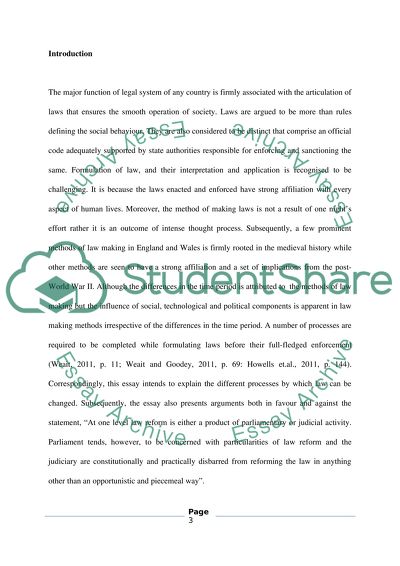Cite this document
(“The English Legal System Essay Example | Topics and Well Written Essays - 2500 words”, n.d.)
Retrieved from https://studentshare.org/law/1646253-the-english-legal-system
Retrieved from https://studentshare.org/law/1646253-the-english-legal-system
(The English Legal System Essay Example | Topics and Well Written Essays - 2500 Words)
https://studentshare.org/law/1646253-the-english-legal-system.
https://studentshare.org/law/1646253-the-english-legal-system.
“The English Legal System Essay Example | Topics and Well Written Essays - 2500 Words”, n.d. https://studentshare.org/law/1646253-the-english-legal-system.


